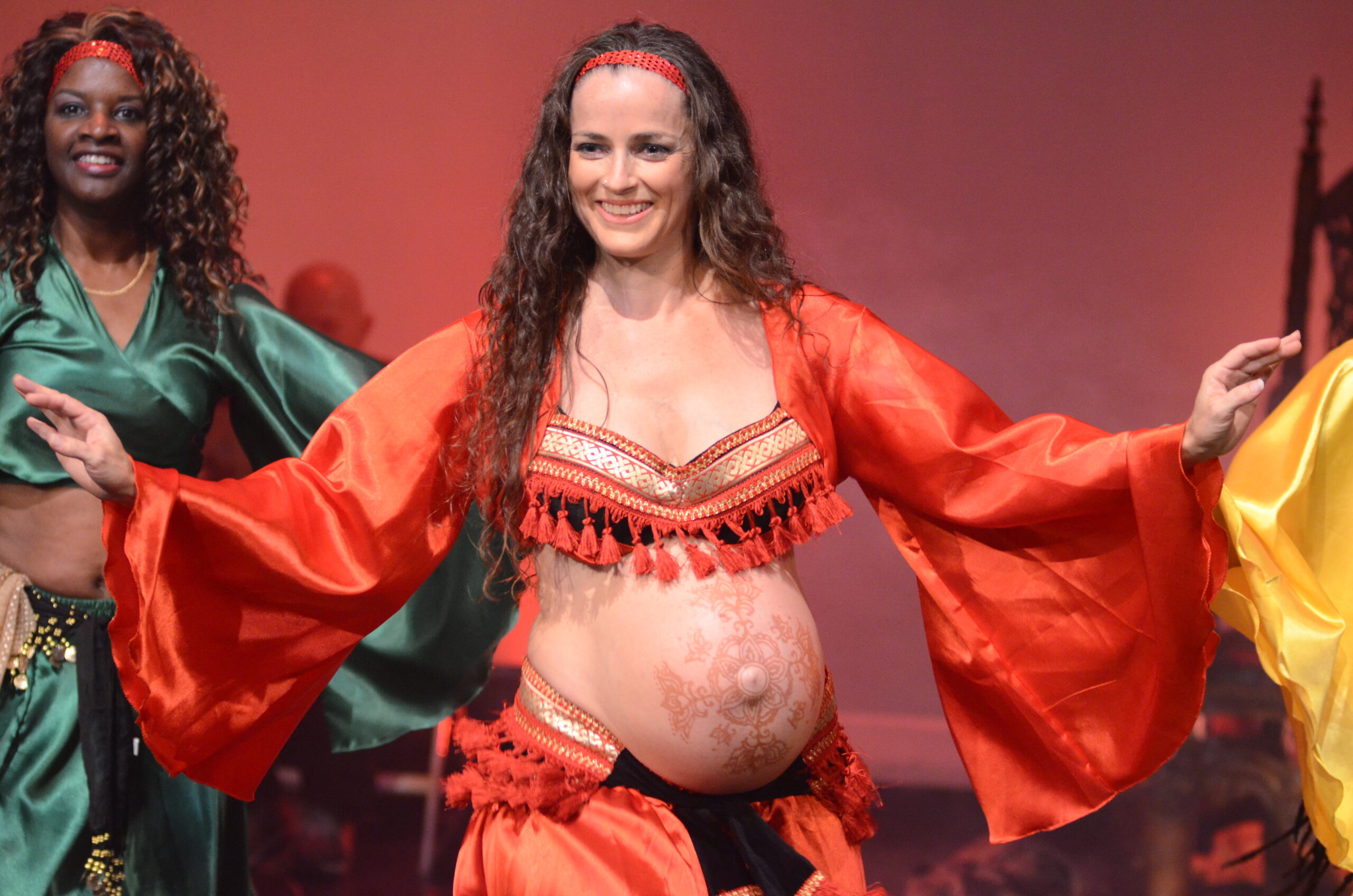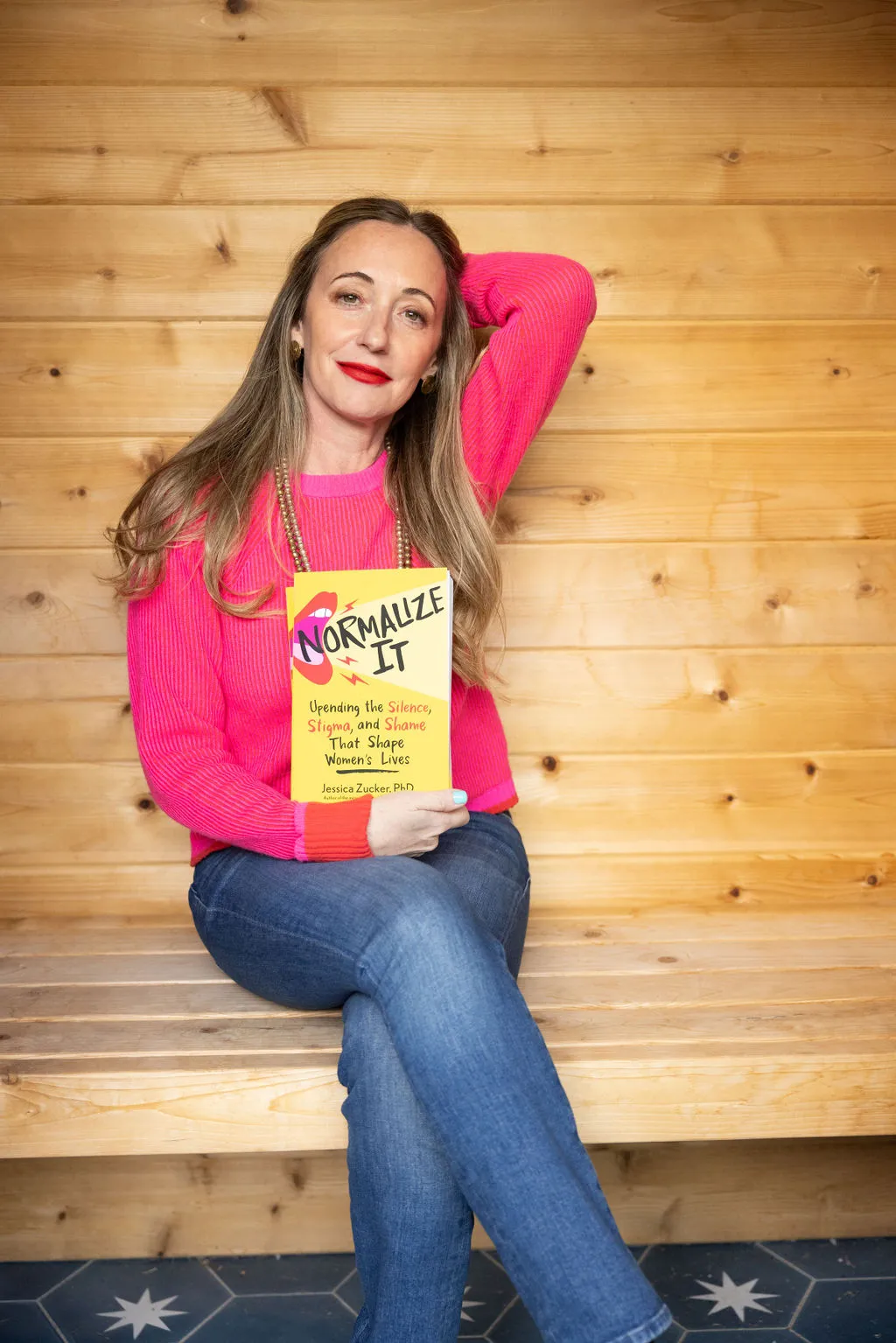There are moments in life that split you in two—the person you were before, and the person you become after. For me, miscarriage was one of those moments.
I’ve written about my losses many times—in essays, in interviews, in captions under carefully chosen photos—but the truth is, words will never be enough to capture the way miscarriage cracked me open.
I knew the statistics—1 in 4. I’d written about pregnancy and parenting for years, for publications like What To Expect, Parents, The Bump, and Women’s Health. I’d interviewed women about their own experiences with miscarriage, typed out the facts, the numbers, the risks.
Still, nothing prepared me for being 1 in 4… and then 1 in 100. Not only did I go on to miscarry once, I miscarried twice, back-to-back—something that happens to only about one to five percent of women.
I felt robbed. I felt attacked. I felt broken. I had nowhere to turn, no one who could fully understand the depths of my despair. In that silence, I came face-to-face with the rawest version of myself—the one I never wanted to meet but could no longer avoid.
Miscarriage stripped me down to my most fragile self, shattering the illusion of control and forcing me to live in the land of uncertainty, where I grieved babies I never got to hold.
And yet, as much as I would give anything to erase the pain, I know now that it made me who I am today—as a mother of three, as a business owner, as a writer, and as a woman who feels compelled to create space for other people’s grief.
And it feels important to tell that story again now, in October—Pregnancy & Infant Loss Awareness Month—when the world shines a light, if only briefly, on a reality so many of us live with every single day.
The First Loss Changed Everything
When I think back to those months of loss, I remember the isolation most of all. I remember walking into the ultrasound room, the same one where I first saw the flicker of my daughter’s heartbeat at just five weeks. But this time, the air was heavy. The technician’s usual cheer was gone. Silence filled every corner. And my husband’s eyes—hollow, swollen with grief—looked almost unrecognizable to me.
Driving home from that appointment was one of my darkest moments. The world outside the car window looked the same—people walking dogs, kids riding bikes, cars idling at stoplights—but everything inside me had collapsed. How could I return to my 17-month-old daughter and pretend everything was fine? How could I read her bedtime story knowing the sibling I wanted so badly for her was gone?
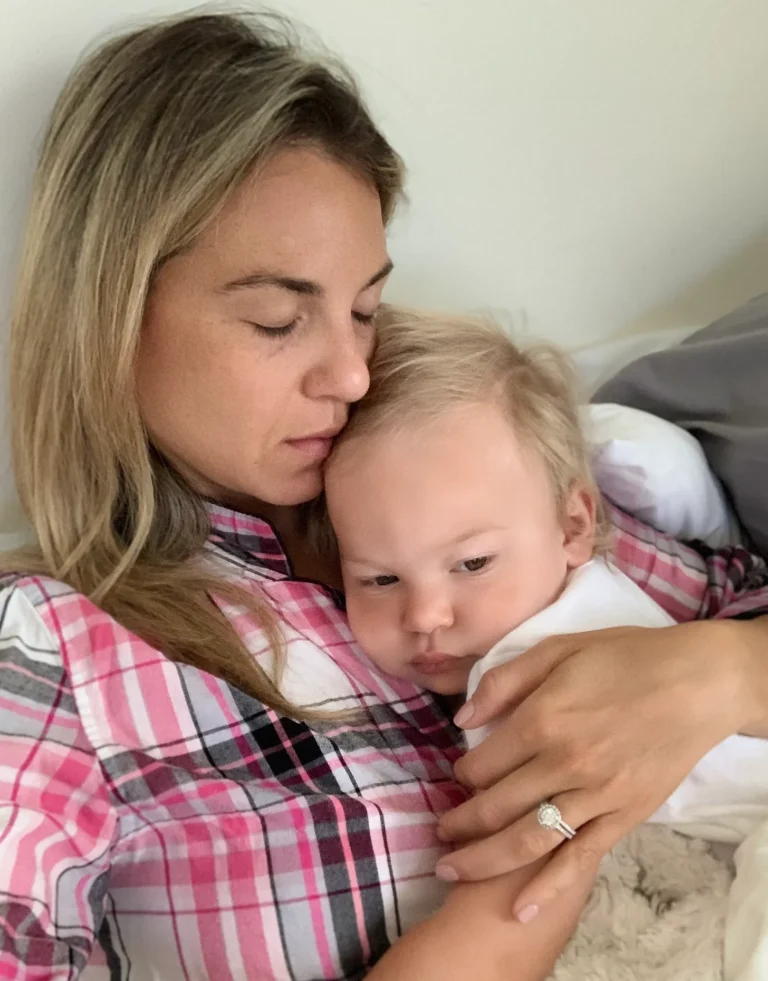
I told myself I should be grateful. I already had one healthy child, something so many women long for. But gratitude didn’t cancel out grief. It didn’t erase the ache of absence or the cruel unfairness of wanting to hold two babies and only being allowed one.
Friends loved me. Family supported me. Still, I felt like I was screaming in a room no one else could hear. The words got stuck in my throat. The pain was too big to make sense of. And I thought: if I can’t find a way to speak about this, how many other women are out there suffering in silence, too?
When I finally did welcome my second and then my third child, that grief came with me. It sat at the edge of every milestone, whispering how precarious life is, how miraculous it is when a baby arrives safely. It also changed the way I mother. I don’t assume tomorrow is promised. Sometimes that makes me more anxious, yes. But it also makes me more present, more reverent, more attuned to the small sacred moments.
I don’t parent the same way I would have if I hadn’t miscarried. Loss changed the way I see everything—what matters, what doesn’t, what deserves my energy, and what I can let go of.
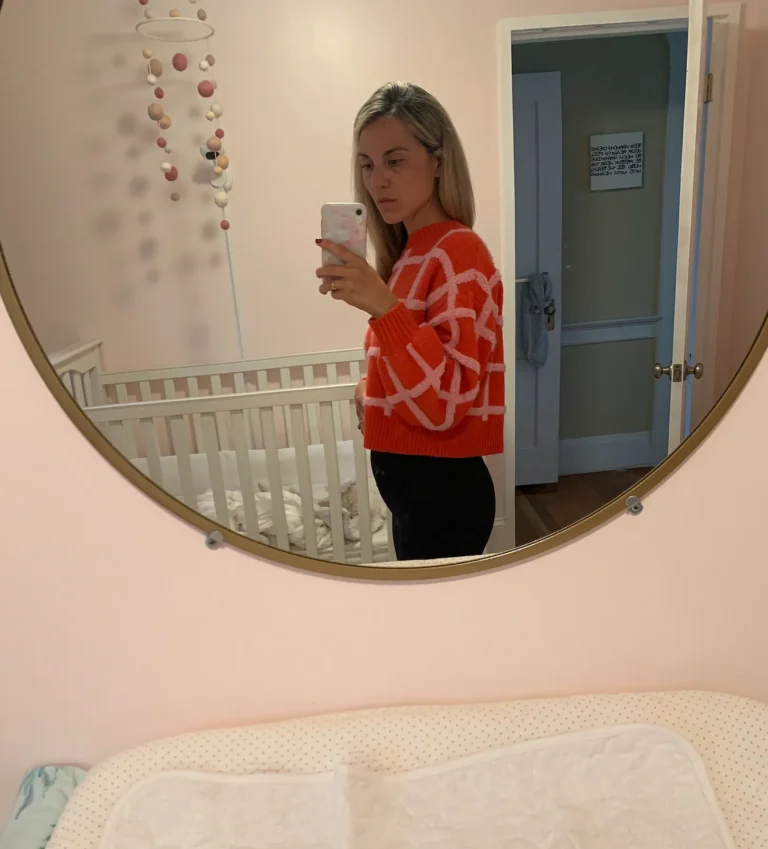
Miscarriage Made Me a Different Kind of Writer
I’ve been a writer as long as I can remember—well before I was a journalist, content strategist, or business owner. But miscarriage is the reason I became the kind of writer I am now: the kind who insists on honesty even when it’s uncomfortable, the kind who won’t settle for surface-level narratives.
After my losses, I was desperate for words that told the truth. Not just the medical explanations about chromosomes or uterine lining, but the visceral reality:
What it feels like to have a baby die inside you.
What it feels like to bleed through the night while the world sleeps.
What it feels like to carry invisible grief no one else can see.
But those words were hard to find. So I started writing them myself.
That’s where Miscarriage Movement came from. I wanted to build the space I couldn’t find—a space where grief wasn’t rushed, sanitized, or hidden. Where women could tell their stories without judgment or shame. Where we could look each other in the eye and say, I see you. I’ve been there. You are not alone.
Launching Miscarriage Movement didn’t just change my career—it gave it purpose. I had always been a journalist, but now I was a journalist with a mission. Every essay, every Q&A, every story carried the weight of the women whose voices had been silenced. It sharpened me, softened me and made me better.
Miscarriage Made Me More Human
I often say that miscarriage heightened my empathy in ways I never expected. It made me more sensitive—sometimes painfully so—to the grief of others.
I can’t scroll past someone’s story of loss without stopping. I can’t read the news without thinking about the families behind the numbers. I can’t hear another mother’s pain without absorbing some of it into my own body.
There are days this feels like a burden. Grief cracks you open, yes—but it doesn’t always close back up. Sometimes I feel raw and exposed in ways that are exhausting. But there are also days when I see that openness as my superpower. It’s the reason people trust me with their stories. The reason I can hold space for others without flinching.
It’s also the reason I keep writing. Because if my words can reach even one person who feels alone in their grief, then the pain I carry has meaning.
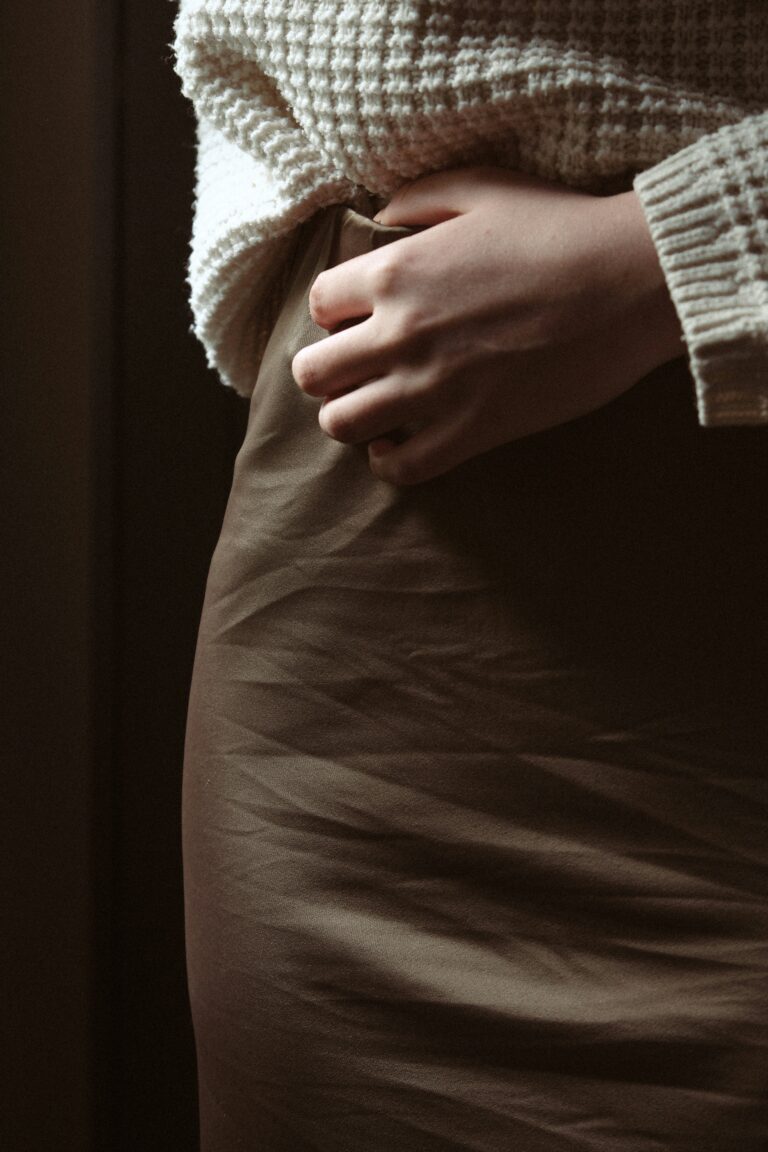
Miscarriage Is Not a Chapter—It’s a Thread
One of the most damaging myths about miscarriage is that it’s something you “get over.” People often think you bleed, you recover, you try again, and eventually you move on. But anyone who has lived through it knows the truth: miscarriage is not a chapter you close. It doesn’t end neatly, tied with a bow. Instead, it becomes a thread that weaves itself into the fabric of who you are.
It shows up in unexpected moments, like the way your throat tightens when someone announces their pregnancy—even when your heart is genuinely happy for them. It’s in the way your body remembers due dates that never arrived, circling the calendar with invisible ink only you can see. It’s in the quiet, private grief you carry for babies no one else got to know, the ones whose names you may have whispered but never got to speak aloud in the world.
While I would give anything to hold those babies in my arms, I’ve also come to see that miscarriage has shaped me into the woman I am today. It has sharpened my perspective and softened my heart. It has made me the mother my children need, the writer my readers trust, and the woman my community relies on to tell the truth, even when it’s hard to hear.
Why I’m Writing This Now
I find myself reflecting on this truth even more in October, during Pregnancy & Infant Loss Awareness Month. For four weeks, the world pays a bit more attention to what so many of us already know in our bones—that loss is everywhere, and that one in four women live this reality. And yet, as powerful as this month can be, the awareness doesn’t end when the hashtags stop trending or the candles from the Wave of Light burn out. Grief doesn’t clock out on November 1st.
This is why I keep telling my story, again and again, even when it hurts to put the words on the page. Because miscarriage is not just something that happened to me—it’s a part of me, a thread woven through every role I play and every story I tell. And maybe, if I share it with enough honesty and enough boldness, it will help someone else carry the weight of their own loss. Maybe it will help them feel seen, less isolated, more understood.
And maybe, just maybe, it will help them survive theirs.
Author
-
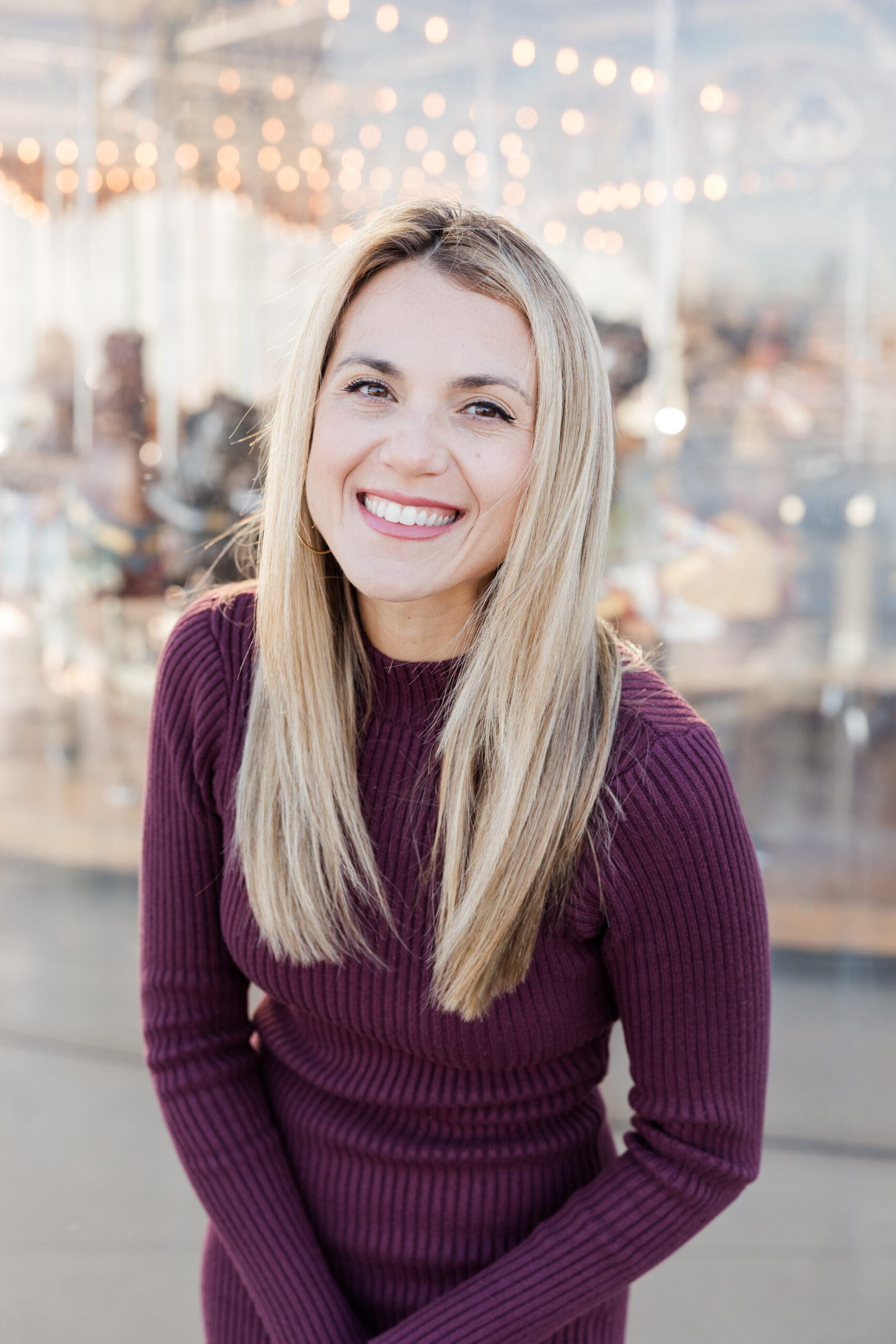
Jenn Sinrich is the co-founder of Mila & Jo Media, an award-winning journalist and mom to Mila and Leo. She's also on-track to become a bereavement and postpartum doula to help women, like her, who've experienced pregnancy loss. She's a Peloton-tread addict who loves to cook and spend time with her friends and family. A Boston-native, she has always loved the Big Apple, which she called her home for close to a decade.
View all posts


